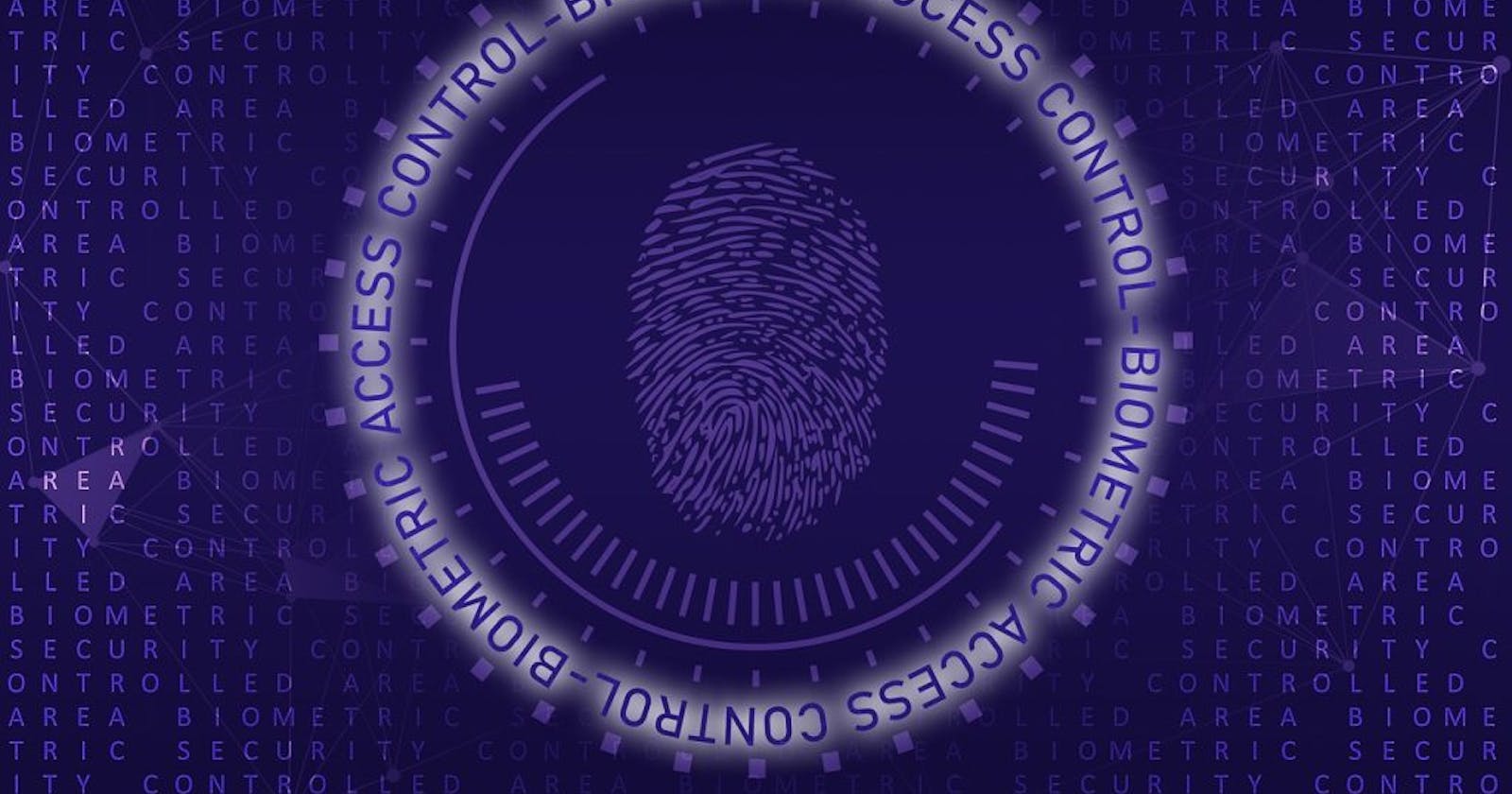Ethical hacking, also known as penetration testing or white-hat hacking, is a crucial practice in ensuring the security of computer systems and networks.
Having the right tools at your disposal is essential to carry out effective, ethical hacking.
This article will explore a comprehensive list of must-have tools that every ethical hacker should consider using. These tools enable professionals to identify vulnerabilities, assess risks, and strengthen the security of their target systems.
Network Scanning and Enumeration Tools
Network scanning and enumeration are fundamental steps in ethical hacking, allowing hackers to gather information about the target network and its devices.
Nmap is a versatile and powerful network scanning tool. It can scan for open ports, detect operating systems, and perform service version detection. Ethical hackers use Nmap to identify potential entry points and assess the security posture of a network.
Nessus is a widely-used vulnerability scanning tool. It helps ethical hackers identify known vulnerabilities and misconfigurations in systems and networks. By leveraging Nessus, hackers can provide comprehensive vulnerability assessments and recommendations for remediation.
OpenVAS, short for Open Vulnerability Assessment System, is another excellent tool for vulnerability scanning. It offers a comprehensive and up-to-date vulnerability database, enabling ethical hackers to detect potential security weaknesses in target systems.
Vulnerability Assessment Tools
After scanning a network, ethical hackers need tools to exploit vulnerabilities and assess the impact of potential attacks.
The Metasploit Framework is a powerful exploitation tool that simplifies identifying and exploiting vulnerabilities. It provides a wide range of modules, making it easier to conduct penetration testing and simulate real-world attacks.
Burp Suite is a popular web application security testing tool. It enables ethical hackers to intercept and manipulate HTTP/S requests, analyze web application vulnerabilities, and identify potential security weaknesses.
Acunetix is an automated web vulnerability scanner designed to identify common security flaws in web applications. It helps ethical hackers perform comprehensive assessments and generate detailed reports for clients or organizations.
Password Cracking and Brute-Force Tools
Password cracking is critical to ethical hacking when attempting to gain unauthorized access to systems or accounts.
John the Ripper is a widely-used password cracking tool that utilizes various cracking techniques, including dictionary attacks and brute-force methods. It assists ethical hackers in testing the strength of passwords and determining potential weak points.
Hydra is a versatile network login cracker that supports multiple protocols, including FTP, SSH, and HTTP. It automates the process of attempting different username and password combinations, allowing ethical hackers to identify weak credentials.
Hashcat is a powerful password recovery tool capable of cracking numerous hash types. It utilizes the power of GPUs to accelerate the cracking process, making it an invaluable tool for ethical hackers dealing with password hashes.
Exploitation Frameworks
Exploitation frameworks provide tools and techniques for carrying out targeted attacks and compromising systems.
- Metasploit Framework (mentioned earlier)
Metasploit Framework, in addition to vulnerability assessment, offers a vast array of exploits and payloads that ethical hackers can leverage for targeted attacks.
The Social-Engineer Toolkit is designed specifically for social engineering attacks. It includes features like phishing campaigns, website cloning, and payload delivery, assisting ethical hackers in testing the human element of security.
Canvas is a commercial exploitation framework that provides numerous exploits and advanced payloads.
It enables ethical hackers to launch sophisticated attacks and assess the impact of these exploits on target systems, helping organizations understand their vulnerabilities and implement necessary security measures.
Forensic Tools
Forensic tools are essential for ethical hackers to investigate and analyze digital evidence during and after an attack.
Wireshark is a widely-used network protocol analyzer. It allows ethical hackers to capture and analyze network traffic, helping them identify potential security breaches, detect suspicious activities, and gather evidence for further analysis.
Autopsy is an open-source digital forensics platform. It assists ethical hackers in conducting in-depth investigations, examining disk images, and recovering deleted files. It also provides powerful keyword searching and timeline analysis capabilities.
Volatility is a memory forensics framework that enables ethical hackers to analyze system memory dumps. It helps detect rootkits, analyse malware behaviour, and extract valuable information for forensic investigations.
Wireless Hacking Tools
Wireless networks pose unique security challenges, and ethical hackers need specialized tools to assess their vulnerabilities.
Aircrack-ng is a popular suite of tools for wireless network auditing. It allows ethical hackers to capture packets, crack WEP and WPA/WPA2 keys, and perform other essential tasks related to wireless network security.
Reaver is a tool specifically designed for testing the security of WPS-enabled wireless networks. It automates brute-forcing the WPS PIN, helping ethical hackers identify weak access points.
Kismet is a wireless network detector, sniffer, and intrusion detection system. It enables ethical hackers to monitor wireless network traffic, detect unauthorized access points, and analyze the security of wireless networks.
Conclusion
In the world of ethical hacking, having the right tools is essential for successful and effective penetration testing.
The tools outlined in this article provide ethical hackers with the capabilities to scan, assess, exploit, and analyze systems and networks.
However, it's crucial to emphasize that ethical hacking should always be performed with proper authorization and legal compliance.
Continuous learning and staying updated with new tools and techniques are essential to become a proficient ethical hacker.
As technology evolves, so do the methods and tools used by malicious actors. By equipping themselves with these must-have tools and a commitment to responsible and ethical hacking practices, professionals can better protect organizations, identify vulnerabilities, and contribute to a safer digital environment.
If you find this post exciting, find more exciting posts like this on Learnhub Blog; we write everything tech from Cloud computing to Frontend Dev, Cybersecurity, AI and Blockchain. Check out How to Build Offline Web Applications.
